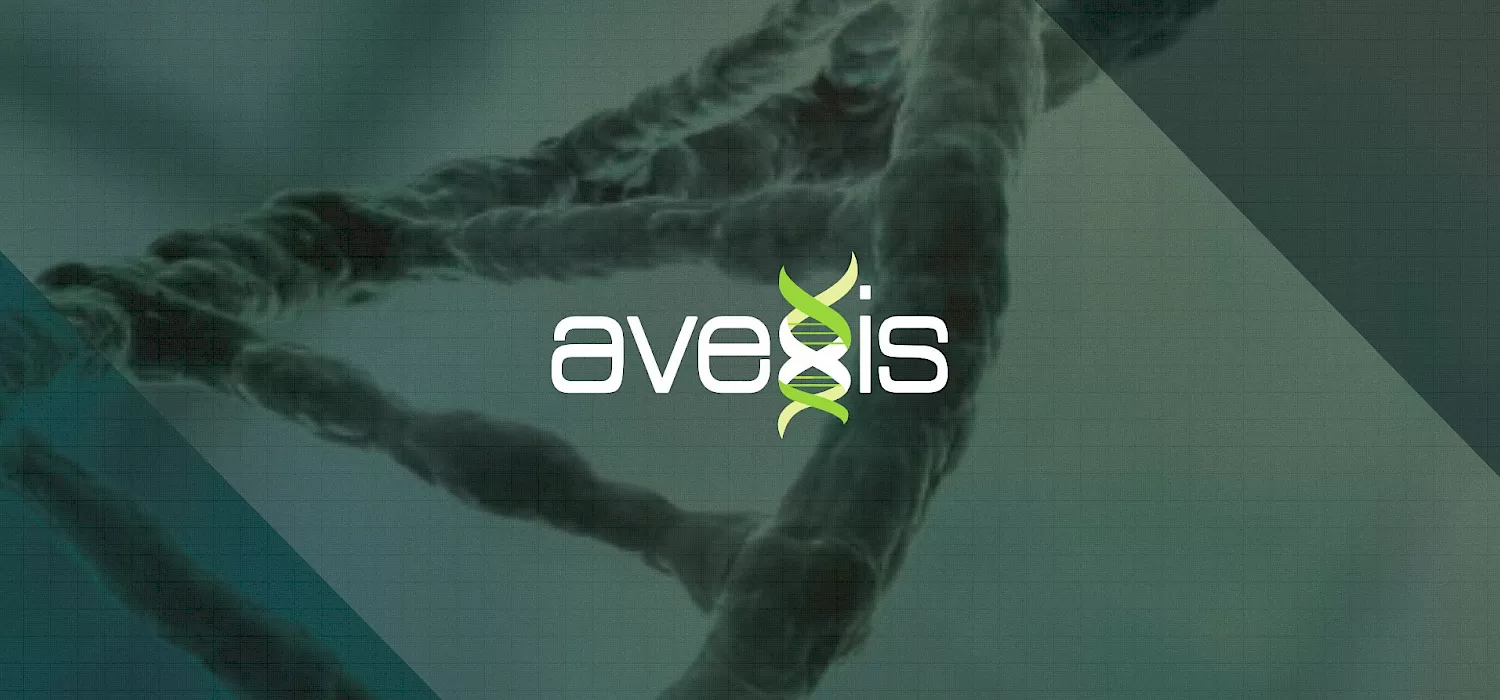AveXis Announcement - Delivering on Roadmap to a Cure

The recent announcement that the gene therapy biotech company, AveXis, is advancing the program generated by RSRT’s Gene Therapy Consortium is the most exciting news since Adrian Bird’s reversal paper a decade ago.
First and foremost the future gene therapy clinical trial will be the first ever that addresses the underlying root of Rett - MECP2. All past and current trials have targeted downstream pathways and the therapeutic benefits have been modest at best.
RSRT’s emphasis from our onset has been to focus on MECP2 as the target because we feel this is the key to maximum symptom impact. The fact that the leadership and investors of a leading gene therapy company have now adopted our program validates RSRT’s strategy. We now have an industry leader endorsing and investing in this approach based on research that we nurtured, coordinated and funded.
When will clinical studies begin? It is difficult to predict at this time. The company first has to complete preclinical (i.e. non-human) studies that will form the basis of the scientific rationale to advance the treatment into patients. These studies may take 12-24 months to complete. The company must then submit this data to the FDA and request an Investigational New Drug application (IND). Once the FDA accepts the IND, the company can begin clinical studies. We should have more specifics on the timeline later this year.
Like many of my fellow parents, I can’t help but wonder what gene therapy would look like for my daughter, who is now at age 20, an adult. Chelsea has had thousands of seizures, she has scoliosis, contractures, muscle wasting. She has never spoken or walked independently. I don’t expect a “like it never even happened” cure for her. But I do think it’s possible that gene therapy, coupled with intensive rehabilitation, could potentially result in improvements. It’s possible she could learn to balance and take steps, regain hand function, speak, be weaned off the feeding tube and so much more.
While the reversal study, coupled with the Gene Therapy Consortium data, gives me great hope, intuition suggests that the earlier the intervention is started, the better. I suspect it will be easier to prevent symptoms than to reverse them. One day, hopefully soon, it will be possible to do a newborn screening, like is currently done for PKU. If the baby tests positive for Rett, gene therapy will be done long before any symptoms appear.
In truth, we won’t know what gene therapy will mean for our kids, young and older, until we actually start the trial. Will that be scary? You bet. Will it be risky? Absolutely, especially for the first several kids. But having Rett is risky too. And the older our kids get the riskier Rett becomes as they face the possibility of life without their parents to care for them.
One thing is crystal clear – now is the time to go all-in with all of our approaches that target MECP2. If the first AveXis trial is a success…great!…but the pace of scientific discovery is accelerating and will likely provide opportunities for further improvements. The scientists at our recent research consortium meetings in Boston presented exciting advances in gene therapy as well as alternative MECP2 targeted approaches such as RNA editing and RNA trans-splicing. Progress is also being made in our MECP2 reactivation consortium. It is imperative that these promising research strategies be driven forward aggressively and in parallel. We will leave no stone unturned on behalf of our children – they deserve nothing less.
And you … if you love a child with Rett… you deserve transparent, honest information from RSRT conveyed not with bravado but with measured optimism. Most of all you deserve results. With AveXis’ announcement, we are now delivering on a key goal of our Roadmap to a Cure – bringing gene therapy to clinical trials.
Until a cure is available there is much work to do. We need your financial support. I invite you to walk with us bravely down our Roadmap to a Cure.


